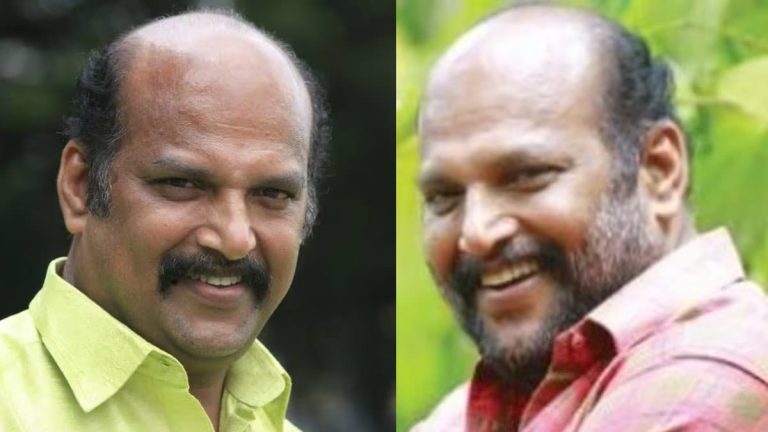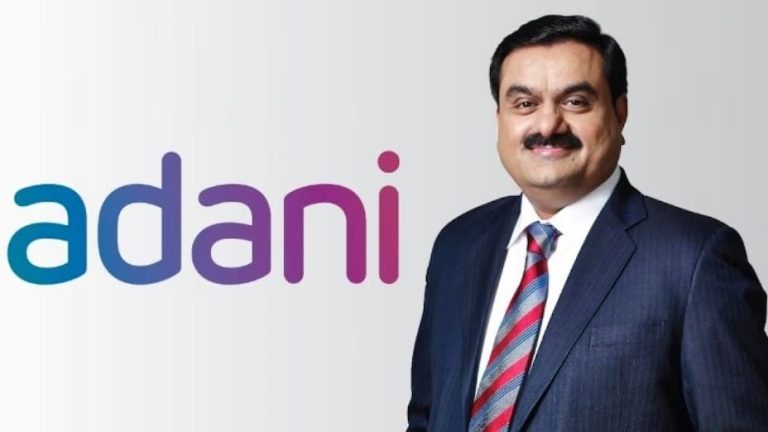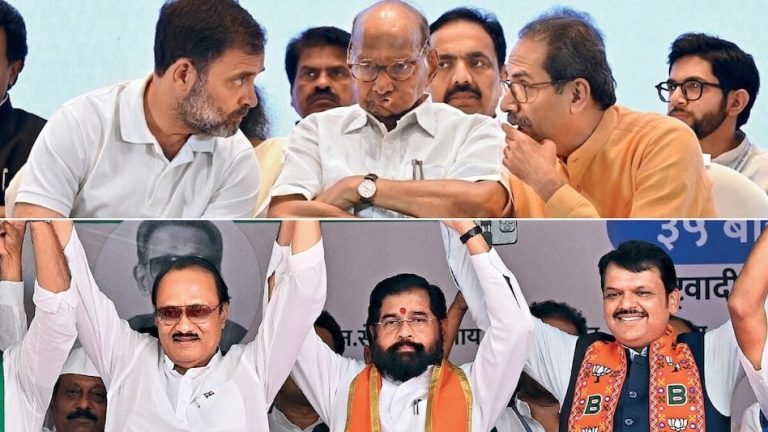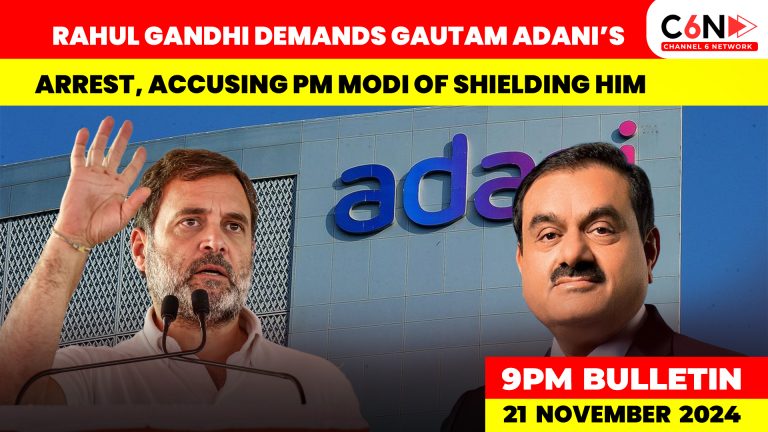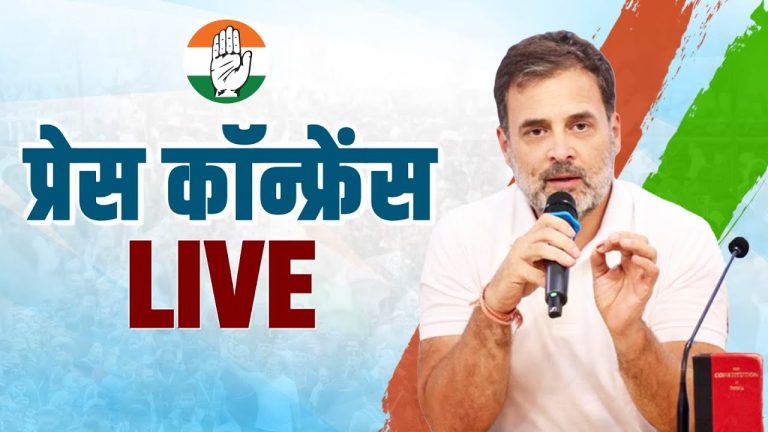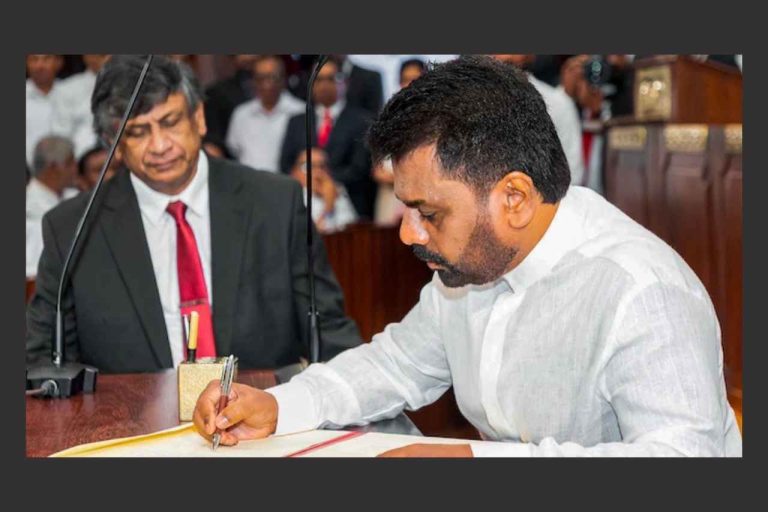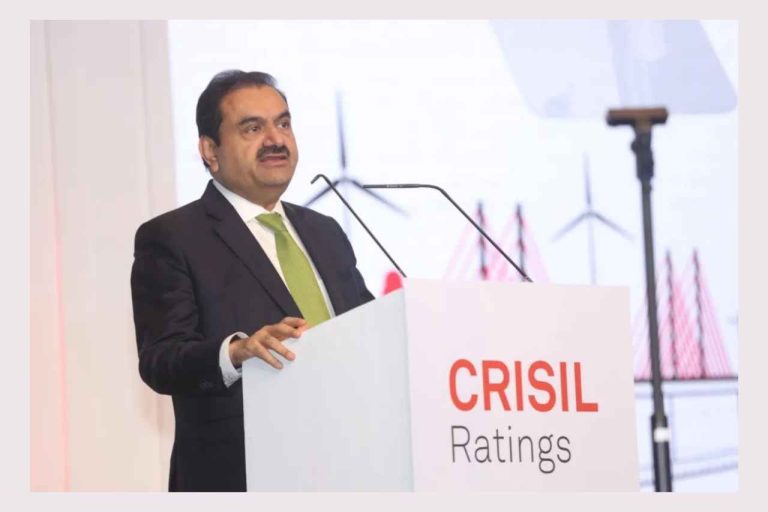Mumbai: Maharashtra recently concluded its assembly elections for the 288-member legislature, witnessing a voter turnout of 66.05%, reflecting an engaged electorate. This election was pivotal for both the ruling Mahayuti (BJP, Shiv Sena – Shinde faction, and Ajit Pawar-led NCP) and the opposition Maharashtra Vikas Aghadi (Congress, Shiv Sena – UBT, and Sharad Pawar-led NCP). The stakes were high, with significant political and socio-economic issues shaping voter preferences.
Voter Aspirations and Key Issues
The electorate expressed a mix of hope and discontent. Youth unemployment, agricultural distress, and the Maratha reservation dominated public discourse. Farmers continue to grapple with debt and irregular crop prices, exacerbated by inconsistent state support. The Maratha community’s demand for reservation in education and jobs added pressure on the ruling Mahayuti, with activists accusing the BJP of not delivering on its promises.
Urban voters voiced concerns over inadequate infrastructure in major cities like Mumbai and Pune. Additionally, inflation and fuel prices remained constant undercurrents affecting household budgets. Women voters, meanwhile, appreciated targeted schemes such as the Ladki Bahin initiative but sought long-term empowerment strategies beyond election sops.
Challenges Before Mahayuti and MVA
Mahayuti: The alliance, led by Chief Minister Eknath Shinde and Deputy CMs Devendra Fadnavis and Ajit Pawar, faced internal challenges due to seat-sharing disputes and ideological differences. While the BJP remains the dominant partner, the splintered Shiv Sena factions struggled to establish their respective identities. Ajit Pawar’s NCP faction also faced criticism for breaking away from Sharad Pawar’s leadership, affecting its credibility.
MVA: Despite showing unity on the campaign trail, the Maharashtra Vikas Aghadi alliance grappled with resource allocation and leadership tussles. Congress, buoyed by its performance in recent state elections, aimed to strengthen its foothold. The UBT Shiv Sena, under Uddhav Thackeray, sought to consolidate its base post the 2022 split, while Sharad Pawar’s NCP focused on countering Ajit Pawar’s faction. Balancing these dynamics while addressing voter concerns was a tall order.
The Road Ahead
The election highlighted Maharashtra’s deeply polarized politics, with both alliances vying for dominance. Regardless of the results, the state’s next government must address critical issues like agrarian reform, employment generation, and infrastructure development. The Maratha reservation demands remain a litmus test for the ruling dispensation’s ability to manage social justice challenges while retaining electoral support.
As Maharashtra awaits the final results, the political landscape is set for significant shifts. Whether the Mahayuti retains power or the MVA mounts a comeback, the need for governance that bridges aspirations with action has never been more pronounced.

